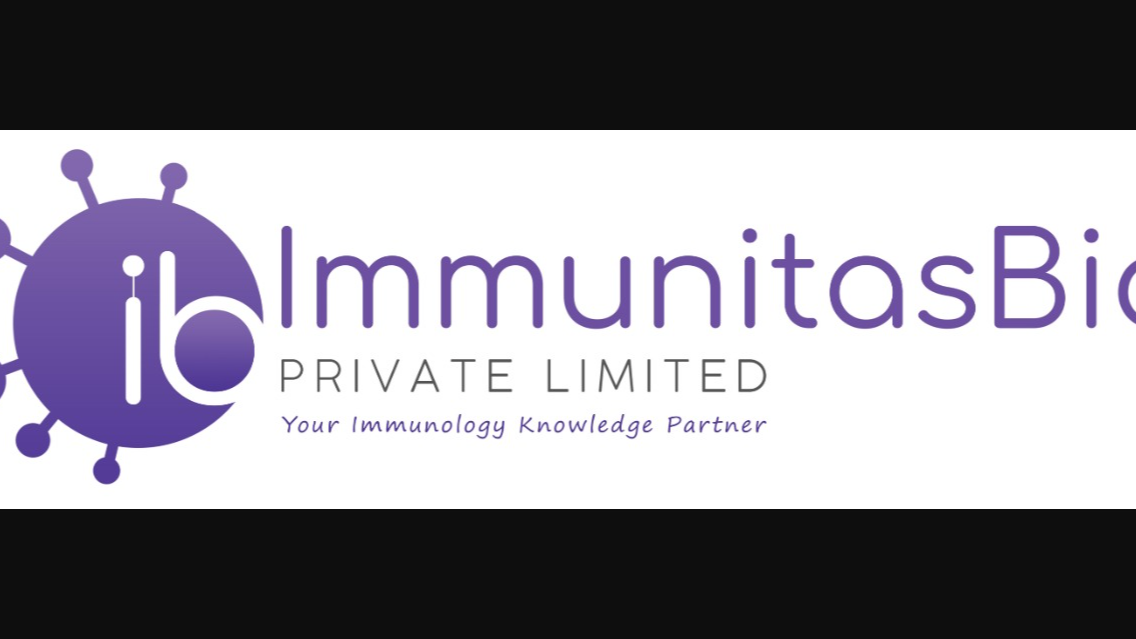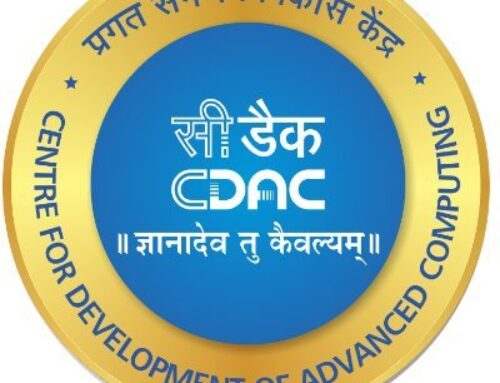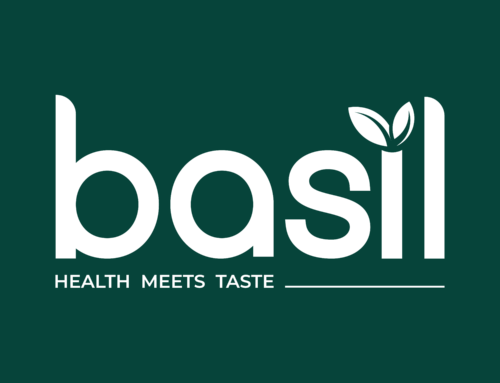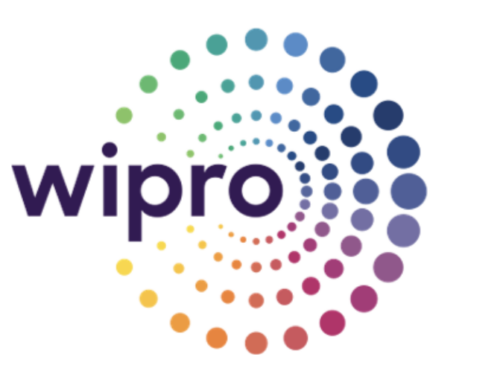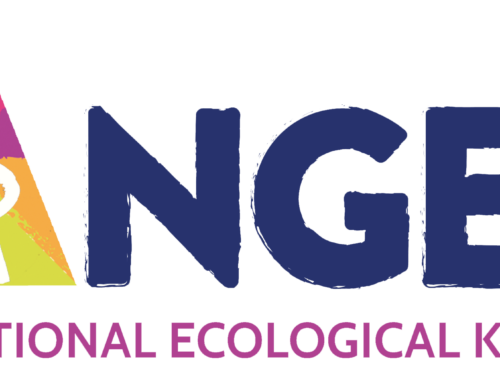ImmunitasBio, an early-stage biotech startup from Bangalore, was created with a vision to develop a science-driven portfolio of speciality products and services in the field of immunology for disease prevention, health and wellness. The company is led by Dr. Shiv Baalasubramanian, an immunologist with a PhD from AIIMS, New Delhi and 25 years of global research experience & 10 years of technopreneurial experience. The team comprises of 5 PhD and 10 Masters graduates, all well trained and experienced in the fields of cellular and molecular immunology.
Assessing wellness and predicting illness is a global healthcare challenge. For example, the heart attack at 50 begins at 20. However, there is no test to detect this risk at 20. Also, in addition to the known risks such a diabetes, hypertension and smoking, the immune system also plays a key role in heart disease. Currently, a person is tested and diagnosed only after falling ill, then treated to various degrees of success. This is the same for the risk of infections and cancer. A tool to detect the risk of diseases early will enable preventive measures to extend our health and wellness. There is a need for an immune function test like a liver or kidney function test.
Our immune system protects us from disease with the core protection coming from T-cells, a type of fighter white blood cell. When our immune system fails, we fall ill. But T-cells can be both good and bad. Good T-cells protect us from diseases. Detecting the presence of the good T-cells gives us the ability to predict how strong our protection is against these diseases. T cells can also be bad, for example, T-cells against a Heat Shock Protein called HSP-60 increases the risk of heart attack. These T-cells can be detected as early as 17-18yrs of age, giving the earliest indication of future cardiac health risk. But no health tool exists to detect these T-cells.
As another example, after a viral infection such COVID-19 the body develops antibody response and T cell response. Measuring antibodies against SARS-CoV-2 is insufficient to provide an accurate assessment of protection against the virus. This is because antibodies are weak, short lived and do not protect against all variants. The strong and sustained protection against all variants of COVID-19 is provided by T-cells. But there was no tool to assess this protection during the pandemic. This posed a serious challenge during the pandemic to both the general public as well as COVID-19 vaccine developers as there are many kits to measure antibodies but no kits to measure T-cell immunity.
To address this need, we at ImmunitasBio have developed a first-in-class T-Cellness Test platform that is designed to measure disease specific T-cells in whole blood. The platform is a disruptive tool for predictive health and wellness. It is also ideally suited for aiding the development of next gen immunotherapies and diagnostics, many of which are centred around T-cells and their functions. Our platform is designed to detect the presence of CD4 and CD8 T-cells against diseases in whole blood without complex processes. This enables our platform to bring T-cells into routine healthcare for both predictive health as well as next-gen therapies. The platform is a simple blood test wherein blood is collected and dispensed into specially prepared tubes, incubated and used for biomarker assessment by ELISA. The biomarker level directly correlates to immunity levels. A patent has been filed for this platform by ImmunitasBio.
Our T-Cellness Test Kit against COVID-19 was an invaluable tool to assess COVID-19 vaccine induced T-cell immunity during the development of both COVAXIN and iNCOVACC – the two COVID-19 vaccines developed in India. Furthermore, the kit was also by the general public both in India and the UK to assess COVID-19 protection. The kit provided a robust measure of protection against all variants of COVID-19.
The platform measures T-cell immunity, the core of many diseases and therapies, in a timely manner. This enables individuals to adopt preventive healthcare measures where possible. The platform also acts as a monitoring tool for health and wellness. It can also be used to assess
next-gen cell and gene therapies. It is ideally suited for integration into routine diagnostics and automation and is a highly serviceable and customisable product.
Current diagnostics, genetic testing and AI based healthcare tools cannot detect T-cell immunity. Though the research tools can do this, they cannot be integrated into routine diagnostics as they are extremely complex and infrastructure intensive. This gives our T-Cellness platform the competitive edge over existing methodologies. What makes our kit one of a kind – It is the first test platform to detect disease specific T-cells in whole blood. In addition, it is highly customizable and serviceable making it a good fit in multiple market segments.
Our kit has application across varied market segments that are poised for tremendous growth in the next 10 years – next-gen therapies, predictive health & wellness and diagnostics. We have already established a portfolio of kits with more in the pipeline. Many of our kits are being explored for R&D globally by companies developing next-gen therapies. Hence we believe our
platform has the potential to be game changer in health and wellness, and the adoption of our platform by some global biotech giants reiterates this belief. We have developed research use only kits for several indications that are being evaluated clinically. We are also moving forward in other indications and with the right support and right partners can accelerate validation of this platform in other indications and bring them to market to help people everywhere.
Our platform is unique, versatile, validated and addresses the need of future healthcare providing tremendous market opportunity across the world, backed by solid science and scientists. We strongly believe this platform will transform the disease care system of today to a healthcare system of tomorrow, which hinges on optimising individual wellness and enabling early detection of diseases, which is beyond the scope of all present-day healthcare tools.


